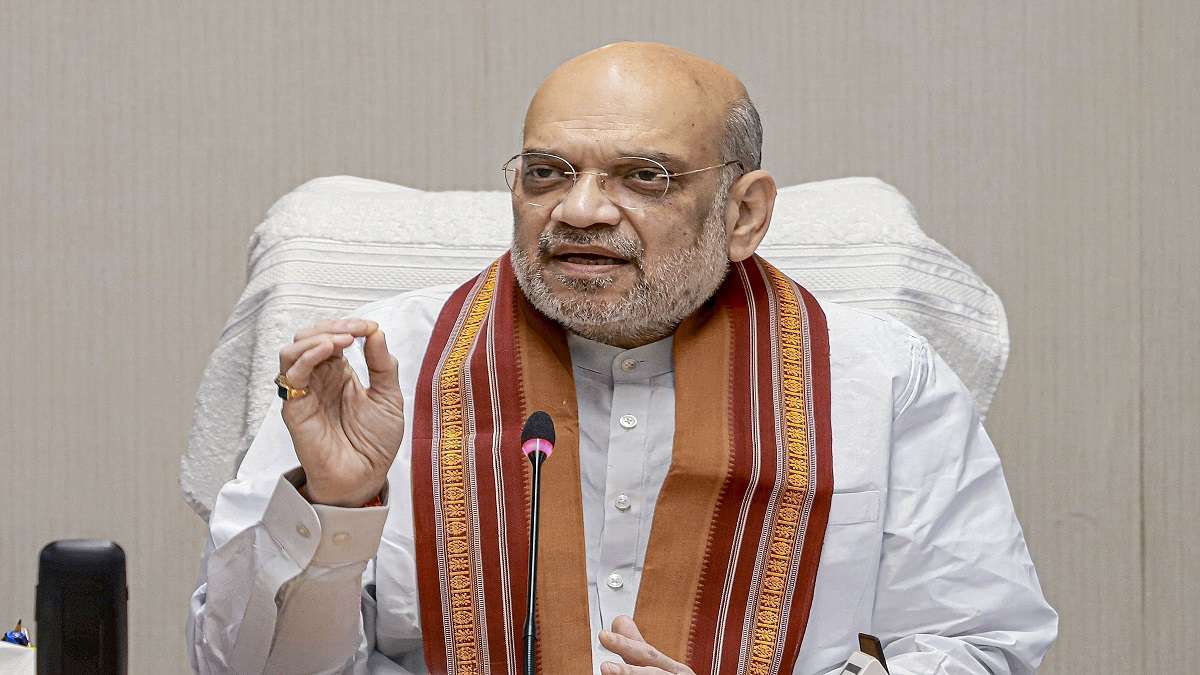Union Home Minister Amit Shah has issued a challenge to Rahul Gandhi, urging the Congress leader to acknowledge the party’s alleged involvement in the electoral bonds scheme, which he termed as “extortion.” Shah’s response comes amidst repeated criticism from Gandhi, who has labeled the scheme as “the world’s biggest extortion scheme” and Prime Minister Narendra Modi as the “champion of corruption.”
Shah, a senior BJP leader, reiterated that opposition parties received donations in proportion to their number of MPs, surpassing the funds received by the ruling party. He dismissed allegations of corruption against the BJP, accusing the opposition of attempting to sow confusion without substantial evidence.
The electoral bonds scheme, introduced by the Modi government in January 2018, allowed companies and individuals to donate funds to political parties anonymously. However, in February of this year, the Supreme Court deemed the scheme “unconstitutional” and struck it down. The court directed the State Bank of India (SBI), the platform through which the bonds were purchased, to provide detailed information to the Election Commission of India (ECI), including donor-party links and total funds received by parties.
In compliance with the Supreme Court’s directive, the ECI disclosed the data on its website, revealing that the BJP emerged as the largest beneficiary, receiving funds worth ₹8,251 crore, constituting nearly 50% of the total amount. The Congress followed with ₹1,952 crore, trailed by the Trinamool Congress with ₹1,705 crore.
The revelation that some donating companies faced action by central agencies fueled allegations of coercion by the ruling BJP. Critics pointed to this as evidence of “extortion,” suggesting that donations were made under pressure. As the political discourse intensifies around electoral funding, Shah’s challenge to Gandhi underscores the contentious nature of the issue and its potential implications for India’s political landscape.






